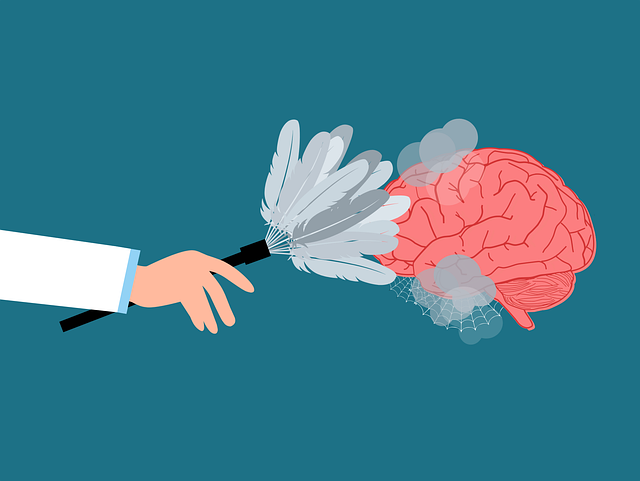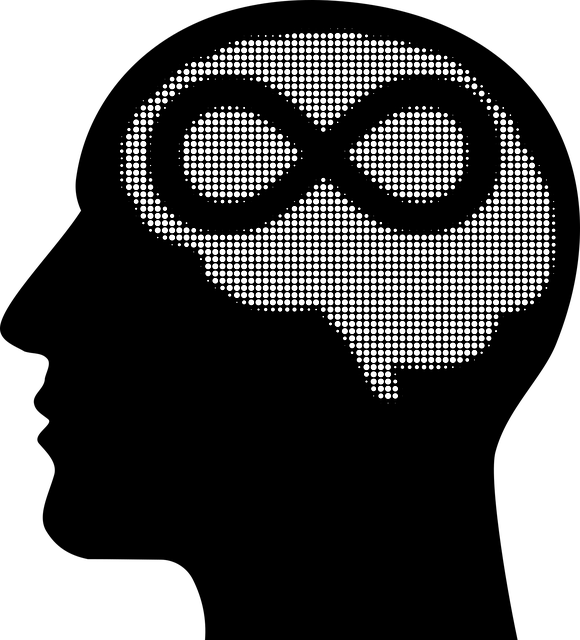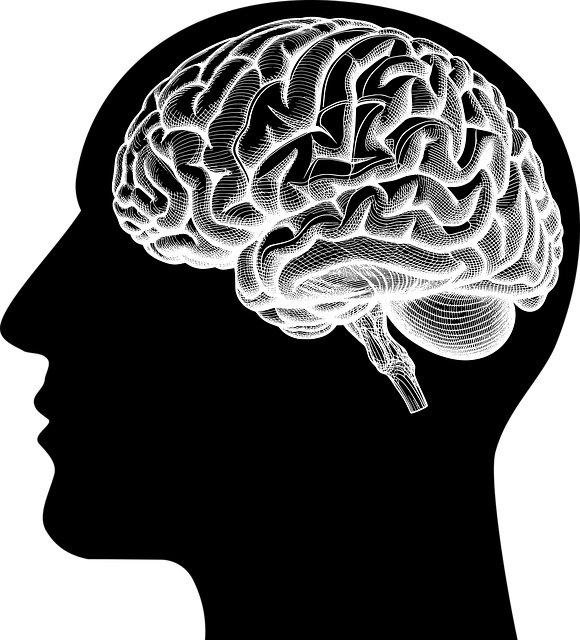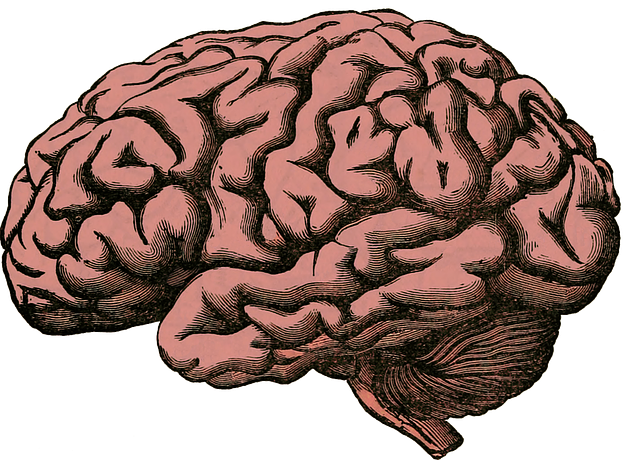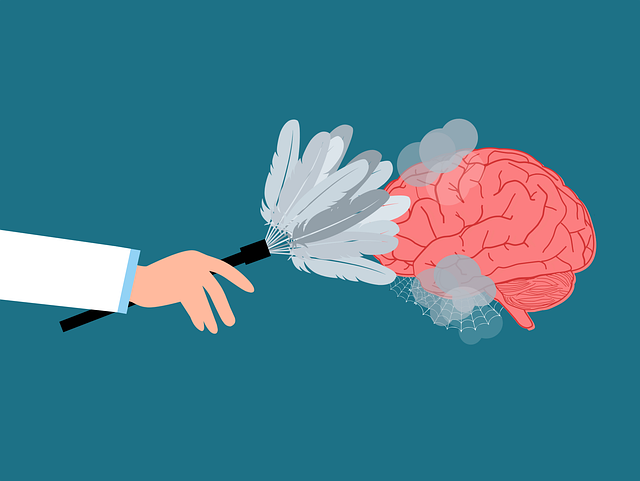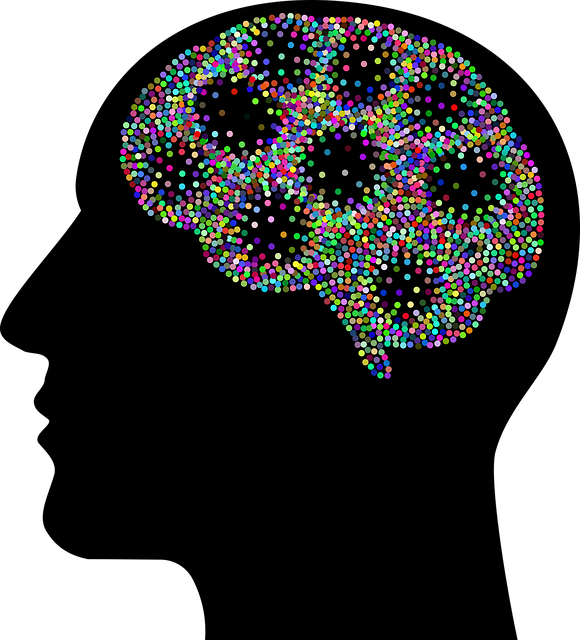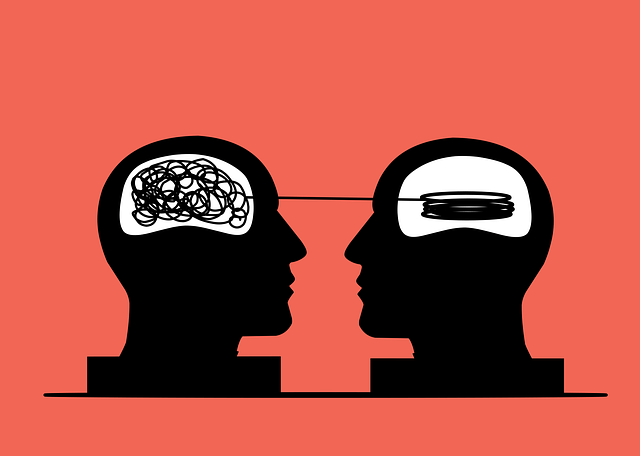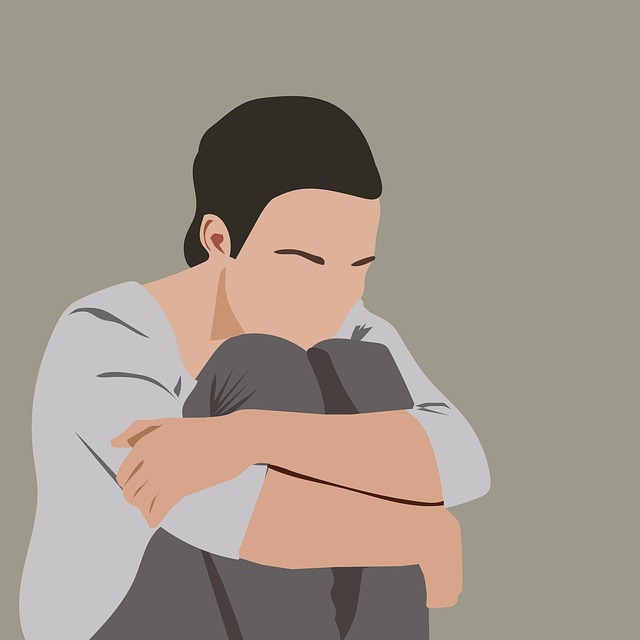Mental wellness is a vital component of holistic care for young children with cancer, impacting their emotional well-being. Early intervention through therapy and coping skills development is crucial, addressing anxiety and uncertainty that can manifest as behavioral issues. Specialized mental wellness self-assessment tools are increasingly important in the digital era, ensuring effective support tailored to diverse cultural backgrounds. These tools, incorporating visual aids and stress reduction methods like mindfulness, require careful design and evaluation by mental health professionals to detect and intervene early. Regular assessment of these tools informs policy development and advocates for improved care, including healthcare provider well-being, for young cancer patients and their families. #TherapyForYoungChildrenCancerIssues
Mental wellness self-assessment tools play a pivotal role in supporting young children with cancer. This article explores the development of specialized assessments tailored to their unique needs, addressing the gap in therapy measurement for this vulnerable population. We delve into understanding mental wellness in young cancer patients, identifying specific challenges and the necessity of customized tools. By examining design principles and implementation strategies, we highlight effective measures that can enhance therapy outcomes, ultimately improving the mental health journey for these children.
- Understanding Mental Wellness in Young Children with Cancer
- Identifying the Need for Specialized Self-Assessment Tools
- Designing Effective Therapy Assessment Measures
- Implementing and Evaluating the Impact of Self-Assessment Tools
Understanding Mental Wellness in Young Children with Cancer

Mental wellness is a critical aspect of holistic care for young children facing cancer and its associated challenges. Understanding their emotional and psychological well-being is essential in providing comprehensive support during their cancer journey. Young children with cancer often experience fear, anxiety, and uncertainty, which can significantly impact their mental health. These feelings may manifest as irritability, sleep disturbances, or changes in appetite, requiring sensitive handling from healthcare providers.
Early intervention through therapy and coping skills development is vital to address these issues. Healthcare providers play a crucial role in implementing burnout prevention strategies to ensure they are equipped to offer consistent emotional support. By fostering strong relationships and teaching effective emotional regulation techniques, professionals can help young patients navigate the complexities of their cancer diagnosis. This holistic approach not only aids in managing cancer-related symptoms but also contributes to the child’s overall resilience and well-being.
Identifying the Need for Specialized Self-Assessment Tools

In today’s digital era, the need for specialized mental wellness self-assessment tools has become increasingly evident, particularly when addressing unique populations such as young children facing cancer issues. Traditional therapy methods may not always be effective or accessible for this age group, highlighting a crucial gap in mental healthcare practice. Therefore, developing tailored assessment tools is essential to ensure these children and their families receive the appropriate support.
The integration of cultural sensitivity in mental healthcare is vital when creating such tools. Young cancer patients come from diverse backgrounds, each with its own set of beliefs and practices that can influence their perception of wellness and coping mechanisms. Understanding these cultural nuances enables the design of assessments that resonate with individuals, fostering trust and encouraging honest self-reflection. Additionally, incorporating stress reduction methods like mindfulness meditation into these tools can offer valuable techniques for managing anxiety and promoting mental resilience in young patients navigating cancer treatment.
Designing Effective Therapy Assessment Measures

Designing effective therapy assessment measures for young children facing cancer issues requires a delicate balance between understanding their unique needs and assessing progress accurately. Tools should be tailored to account for age-specific challenges, incorporating visual aids and play-based methods that engage young minds while capturing relevant emotional and cognitive states. The assessment process itself should promote a sense of comfort and safety, allowing children to express themselves freely without fear of judgment.
Integrating stress reduction methods and depression prevention strategies within these assessments can prove invaluable. By evaluating coping mechanisms and emotional resilience early on, therapists can intervene promptly, guiding the development of self-care routines for better mental health. This proactive approach ensures that young cancer patients not only navigate their physical challenges but also cultivate resilience and well-being on a psychological level.
Implementing and Evaluating the Impact of Self-Assessment Tools

Implementing self-assessment tools is a crucial step in enhancing mental wellness support, especially for vulnerable populations like young children facing cancer issues. These tools can facilitate early detection and intervention, ensuring timely therapy and improved outcomes. When integrating such assessments into clinical practices, mental health professionals must consider the tool’s validity, reliability, and cultural sensitivity to ensure accurate results. A comprehensive Risk Assessment for Mental Health Professionals is essential to guide the selection and application of self-assessment methods, catering to diverse patient needs.
Moreover, evaluating the impact of these tools is vital to inform Mental Health Policy Analysis and Advocacy efforts. By measuring their effectiveness in identifying mental health risks and guiding appropriate interventions, professionals can contribute to evidence-based policy development. Additionally, regular assessment of burnout prevention strategies within these tools can help maintain the well-being of healthcare providers, ensuring sustained quality care for young cancer patients and their families.
Mental wellness self-assessment tools play a pivotal role in enhancing therapy for young children facing cancer issues. By understanding their unique needs and designing specialized measures, we can effectively navigate their mental health landscape. The successful implementation of these tools not only evaluates their well-being but also guides tailored interventions, ultimately improving their overall quality of life during and after treatment. This comprehensive approach ensures that therapy remains accessible, impactful, and tailored to the specific needs of young cancer patients.
